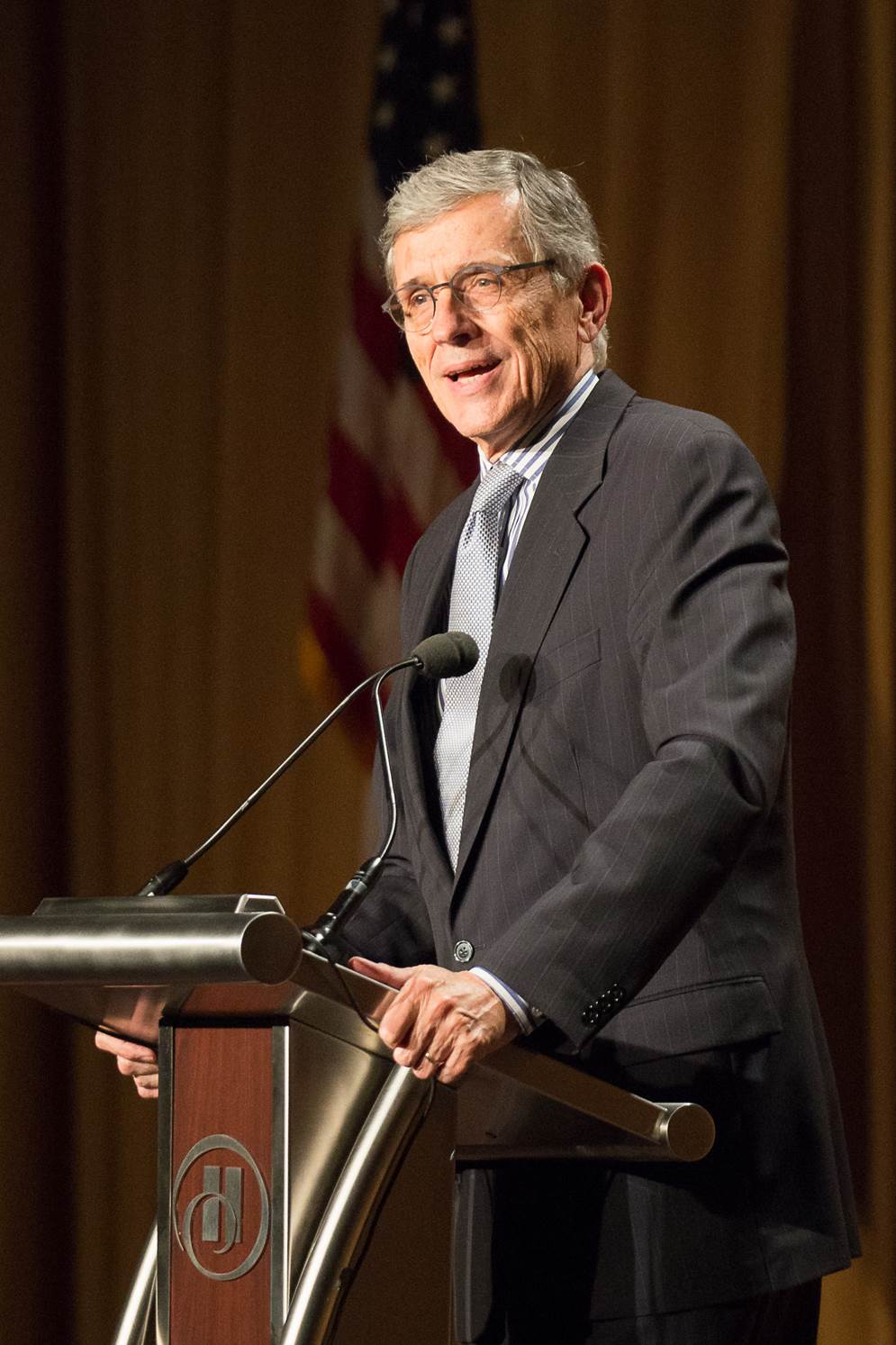Wheeler’s Blueprint for Rewriting Net-Neutrality Rules
The smarter way to stay on top of the multichannel video marketplace. Sign up below.
You are now subscribed
Your newsletter sign-up was successful

WASHINGTON -- Saying he will rely on section 706, which empowers the Federal Communications Commission to promote the deployment of advanced telecom services, agency chairman Tom Wheeler provided the following blueprint for restoring the FCC’s network-neutrality rules:
Enforce and enhance the transparency rule. The Court of Appeals has affirmed the Open Internet Order’s transparency rule, which requires that network operators disclose how they manage Internet traffic. This is more significant than many people may realize. We should consider ways to make that rule even more effective. For example, an explicit purpose of the rule is to afford edge providers the technical information they need to create and maintain their products and services as well as to assess the risks and benefits of embarking on new projects.
Fulfill the “no blocking” goal. The D.C. Circuit recognized the importance of the Open Internet Order’s ban on blocking Internet traffic, but ruled that the Commission had not provided sufficient legal rationale for its existence. We will carefully consider how, consistent with the court opinion, we can ensure that edge providers are not unfairly blocked, explicitly or implicitly, from reaching consumers, as well as ensuring that consumers can continue to access any lawful content and services they choose.
Fulfill the goals of the non-discrimination rule. We will carefully consider how Section 706 might be used to protect and promote an Open Internet consistent with the D.C. Circuit’s opinion and its earlier affirmance of our Data Roaming Order. Thus, we will consider (1) setting an enforceable legal standard that provides guidance and predictability to edge providers, consumers and broadband providers alike; (2) evaluating on a case-by-case basis whether that standard is met; and (3) identifying key behaviors by broadband providers that the Commission would view with particular skepticism.
Keep Title II authority on the table. As the Court of Appeals noted, as long as Title II – with the ability to reclassify Internet access service as a telecommunications service – remains a part of the Communications Act, the Commission has the ability to utilize it if warranted. Accordingly, the Commission’s docket on Title II authority remains open.
Forgo judicial review of theVerizon decision. In light of the Court’s finding that the Commission has authority to issue new rules under Section 706 and the ongoing availability of Title II, the Commission will not initiate any further judicial action in connection with the Verizon decision. [Editor’s Note: A Verizon exec has told MultichannelNews that it is not going to challenge, either.]
Solicit public comment. A new docket is opened today called “Protecting and Promoting the Open Internet,” so that all public input on the court’s remand of the Open Internet decision will be collected and available. I will recommend to my fellow commissioners that the Commission seek comment through a formal rulemaking on the specific rules for preserving and protecting the open Internet. The focus of this docket will be on issues raised by the D.C. Circuit opinion.
The smarter way to stay on top of the multichannel video marketplace. Sign up below.
Hold Internet Service Providers to their commitment. Major Internet service providers have indicated that they will continue to honor the safeguards articulated in the 2010 Open Internet Order. That’s the right and responsible thing to do, and we take them up on their commitment – which will continue to provide protection for the Open Internet until new rules are put in place.
Enhance competition. The Commission will look for opportunities to enhance Internet access competition. One obvious candidate for close examination was raised in Judge Silberman’s separate opinion, namely legal restrictions on the ability of cities and towns to offer broadband services to consumers in their communities.
Contributing editor John Eggerton has been an editor and/or writer on media regulation, legislation and policy for over four decades, including covering the FCC, FTC, Congress, the major media trade associations, and the federal courts. In addition to Multichannel News and Broadcasting + Cable, his work has appeared in Radio World, TV Technology, TV Fax, This Week in Consumer Electronics, Variety and the Encyclopedia Britannica.

